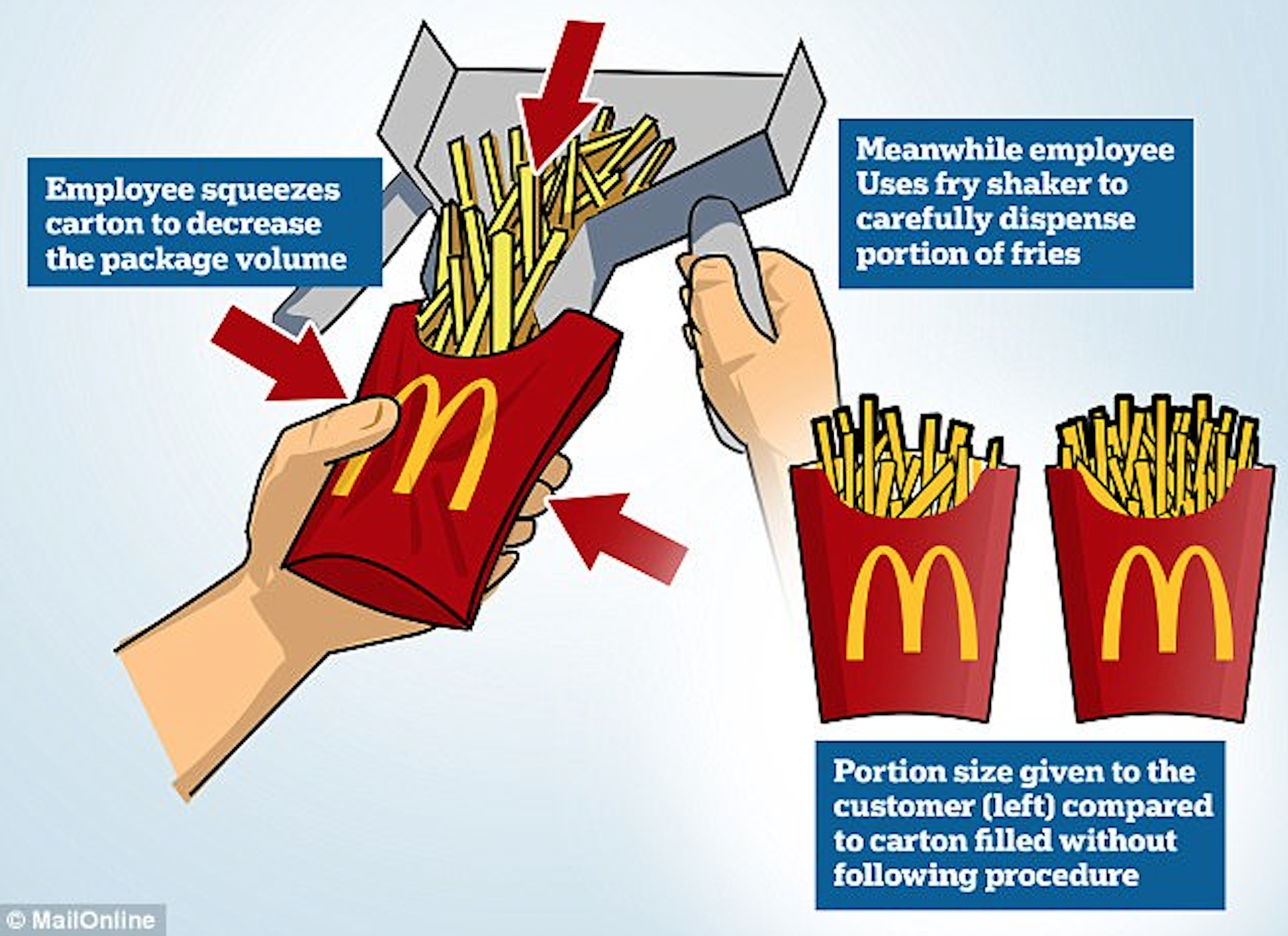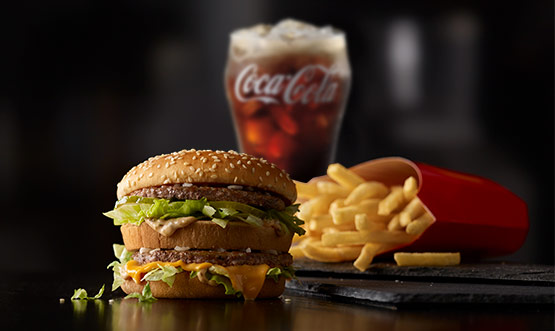As of today, it has been confirmed that Microsoft co-founder William Henry Gates III, fondly known as Bill Gates, has switched his cellular device to that of an Android, therefore personally reducing the quantity demanded on his own company’s Windows-powered phones. Although not explicitly stating which model of his competitor’s product range he now uses, Gates still ensures it has “a lot of Microsoft software” on it.
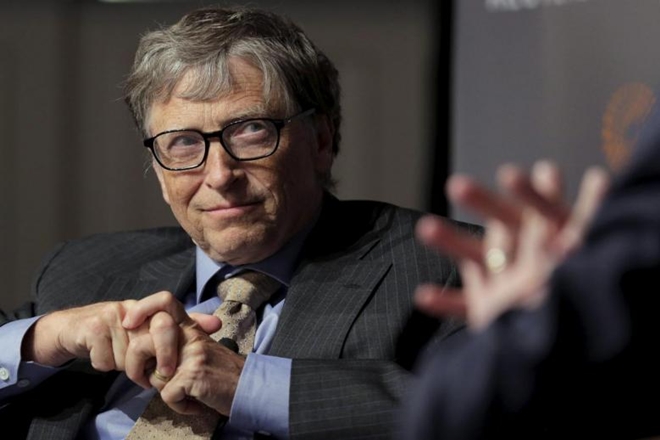
[As reported by The Verge, the Microsoft co-founder is not yet interested in the iPhone. (Photo: Reuters)]. (2017, September 26). Retrieved September 26, 2017, from http://www.financialexpress.com/industry/technology/bill-gates-packs-an-android-phone-but-is-it-the-microsoft-edition-samsung-galaxy-s8/872053/
To reduce this heavy competition, Microsoft spent $7.2 billion to acquire Nokia in 2014, but despite the effort, Microsoft’s Windows phone operating system still failed to succeed in accounting for more than 1% of the global smartphone sales in the year 2016. From this disconcerting lack of demand and customer interest in their product line of phones and cellular software, the company officially killed off this product range in July of this year. As evidenced, this can be considered to be a direct result of having the company’s fundamental value proposition be weak in terms of having a unique selling point to differentiate from competitors.
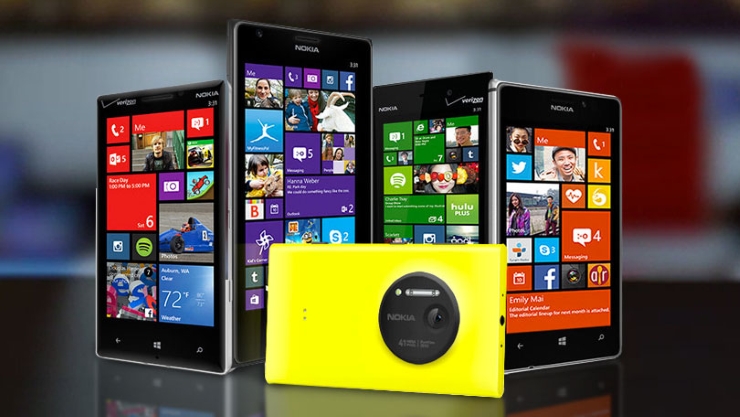
[Latest smartphone sales data is grim news for Windows Phone, BlackBerry Priv]. (2016, May 24). Retrieved September 26, 2017, from https://www.extremetech.com/electronics/229092-latest-smartphone-sales-data-is-grim-news-for-windows-phone
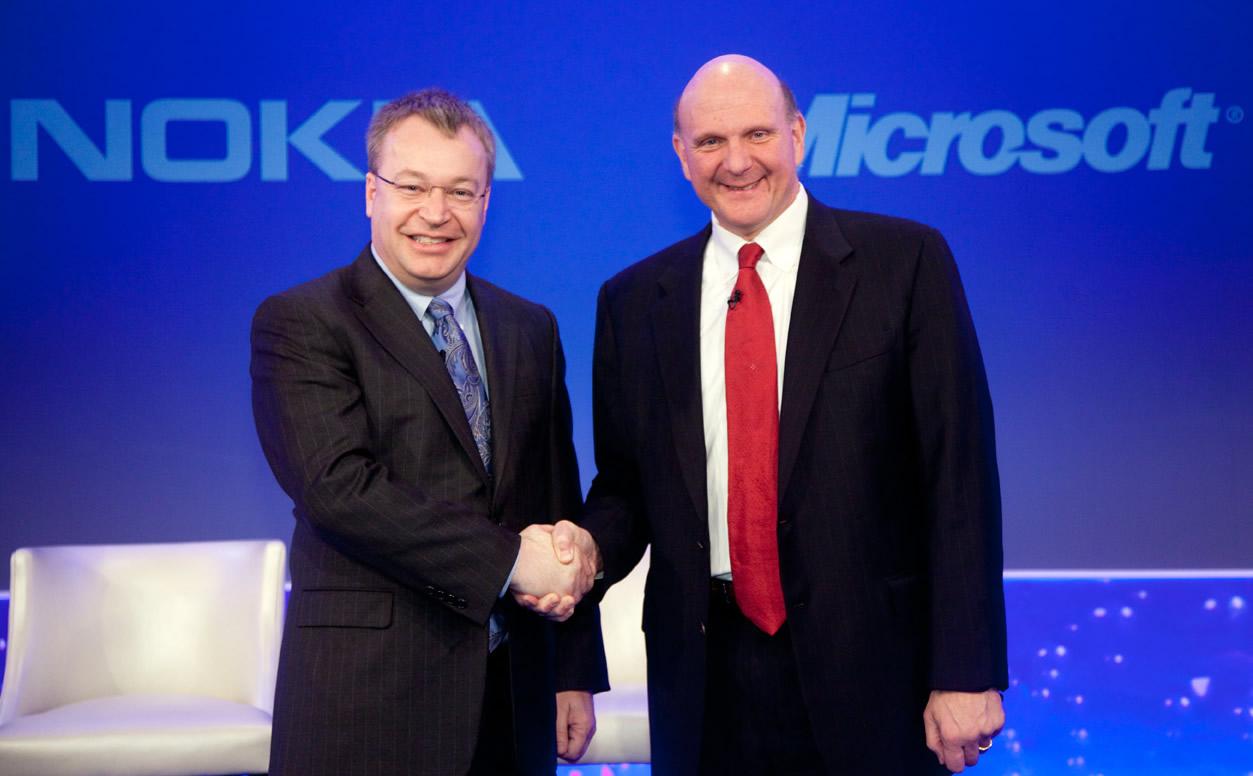
[Nokia and Microsoft chiefs during a press conference Friday]. (2011, February 11). Retrieved September 26, 2017, from https://bits.blogs.nytimes.com/2011/02/11/for-nokia-design-will-be-key-to-future/
Word Count: 442
